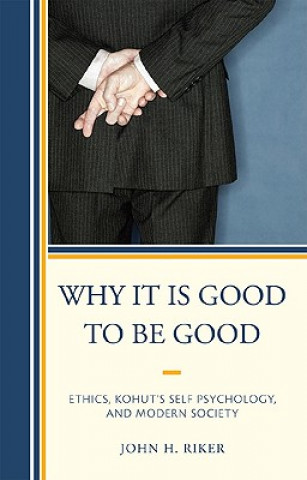
Kód: 04916560
Why It Is Good to Be Good
Autor John H. Riker
In Why It Is Good to be Good, John H. Riker argues that modernity, by undermining traditional religious and metaphysical grounds for moral belief, has left itself no way to explain why it is personally good to be a morally good pe ... celý popis
- Jazyk:
 Angličtina
Angličtina - Väzba: Pevná
- Počet strán: 194
Nakladateľ: Jason Aronson Inc. Publishers, 2010
- Viac informácií o knihe

141.52 €

Skladom u dodávateľa v malom množstve
Odosielame za 12 - 17 dní
Potrebujete viac kusov?Ak máte záujem o viac kusov, preverte, prosím, najprv dostupnosť titulu na našej zákazníckej podpore.
Pridať medzi želanie
Mohlo by sa vám tiež páčiť
-

Strings and Symmetries 1991
85.40 € -

Probability
194.26 € -

Visual Acuity and the Arts of Communication in Early Modern Germany
209.62 € -

Diabetes Cure
25.80 € -5 % -

Natural Looks for Home (Natural Style)
17.91 € -

Stand Out 3: Technology Tool Kit
314.79 € -

Women and Reiki
209.62 € -
![Thrice His. 'His to Guard, to Serve, to Save!' a Tale. [By Louisa Jane Campbell Downes.] Thrice His. 'His to Guard, to Serve, to Save!' a Tale. [By Louisa Jane Campbell Downes.]](https://media.libris.to/jacket/08068218t.jpg)
Thrice His. 'His to Guard, to Serve, to Save!' a Tale. [By Louisa Jane Campbell Downes.]
30.61 € -4 % -

Poet's Fate; A Poetical Dialogue.
18.32 € -3 % -

Russo-Japanese War, Lessons Not Learned
69.52 € -

History of David Grieve
55.49 € -

Activities Makes Learning Fun
19.55 € -

Leading Schools of Excellence and Equity
133.53 € -

Civil War as a Crisis in Gender
46.18 €
Darujte túto knihu ešte dnes
- Objednajte knihu a vyberte Zaslať ako darček.
- Obratom obdržíte darovací poukaz na knihu, ktorý môžete ihneď odovzdať obdarovanému.
- Knihu zašleme na adresu obdarovaného, o nič sa nestaráte.
Viac informácií o knihe Why It Is Good to Be Good
Nákupom získate 350 bodov
 Anotácia knihy
Anotácia knihy
In Why It Is Good to be Good, John H. Riker argues that modernity, by undermining traditional religious and metaphysical grounds for moral belief, has left itself no way to explain why it is personally good to be a morally good person. Furthermore, modernity's regnant concept of the self as an independent agent organized around the optimal satisfaction of desires and involved in an intense economic competition with others intensifies the likelihood that modern persons will see morality as a set of limiting constraints that stand in the way of personal advantage and will tend to cheat when they believe there is little likelihood of getting caught. This cheating has begun to severely undermine modernity's economic and social institutions. Riker proposes that Heinz Kohut's psychoanalytic understanding of the self can provide modernity with a naturalistic ground for saying why it is good to be good. Kohut sees the self as a dynamic, unconscious structure which, when coherent and actively engaged with the world, provides the basis for a heightened sense of lively flourishing. The key to the self's development and sustained coherence is the presence of empathically responsive others-persons Kohut terms selfobjects. Riker argues that the best way to sustain vitalized selfobject relations in adulthood is by becoming an ethical human being. It is persons who develop the Aristotelian moral virtues-empathy for others, a sense of fairness, and a resolute integrity-who are best able to engage in the reciprocal selfobject relations that are necessary to maintain self-cohesion and who are most likely to extend empathic ethical concern to those beyond their selfobject matrixes. Riker also explores how Kohut's concept of the self incorporates a number of the most important insights about the self in the history of philosophy, constructs an original meta-psychology that differentiates the ego from the self, re-envisions ethical life on the basis of a psychoanalytically informed view of human nature, explores how pe
 Parametre knihy
Parametre knihy
Zaradenie knihy Knihy po anglicky Society & social sciences Psychology Psychological theory & schools of thought
141.52 €
- Celý názov: Why It Is Good to Be Good
- Podnázov: Ethics, Kohut's Self Psychology, and Modern Society
- Autor: John H. Riker
- Jazyk:
 Angličtina
Angličtina - Väzba: Pevná
- Počet strán: 194
- EAN: 9780765707901
- ISBN: 076570790X
- ID: 04916560
- Nakladateľ: Jason Aronson Inc. Publishers
- Hmotnosť: 467 g
- Rozmery: 240 × 163 × 19 mm
- Dátum vydania: 20. August 2010
Obľúbené z iného súdka
-
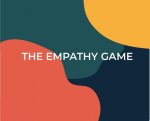
The Empathy Game
25.90 € -1 % -

Red Book
240.75 € -18 % -

A General Introduction to Psychoanalysis
5.52 € -26 % -

Inner Gold
21.90 € -

Ego and the Id
4.09 € -13 % -

Man's Search for Meaning, Gift Edition
22.72 € -17 % -

Secret World of Drawings
23.65 € -13 % -

Psychoanalytic Diagnosis
58.26 € -

Situation Is Hopeless But Not Serious
15.66 € -10 % -

Analysis, Repair and Individuation
76.39 € -

Dark Side of the Inner Child
24.47 € -13 % -
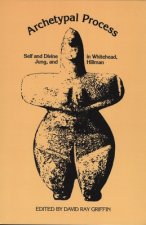
Archetypal Process
41.16 € -

Between Losing and Finding
33.99 € -
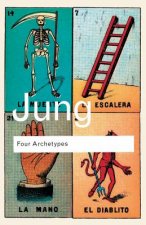
Four Archetypes
23.24 € -4 % -

Ape that Understood the Universe
50.58 € -

Threshold Experiences
40.24 € -
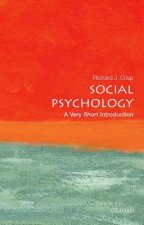
Social Psychology: A Very Short Introduction
10.64 € -19 % -

Behave
12.38 € -17 % -
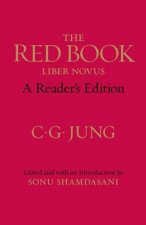
The Red Book – A Reader`s Edition
38.60 € -16 % -

Emotional Intelligence
9.92 € -16 % -
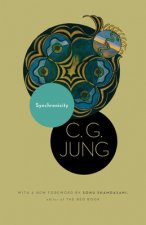
Synchronicity – An Acausal Connecting Principle
14.33 € -

The Sublime Object of Ideology
18.32 € -15 % -

Memories, Dreams, Reflections
13.41 € -11 % -

Make It Stick
34.50 € -1 % -

Civilization and Its Discontents
10.95 € -17 % -

Choice Factory
16.58 € -23 % -

No Boundary
15.04 € -18 % -

Problem of the Puer Aeternus
27.44 € -

Answer to Job
9.10 € -19 % -

Carl Jung: Wounded Healer of the Soul
27.44 € -23 % -

Psychoanalyst Meets Marina Abramovic
19.96 € -

The Interpretation of Dreams
5.21 € -30 % -
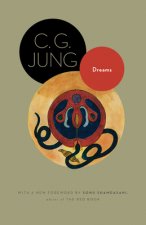
Dreams
18.42 € -4 % -
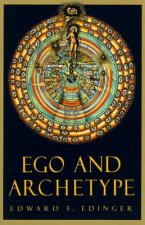
Ego and Archetype
23.13 € -15 % -
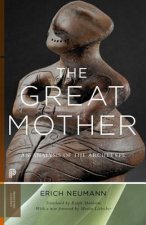
Great Mother
29.28 € -6 % -

How To Read Lacan
12.28 € -23 % -

Integral Psychology
25.69 € -6 % -
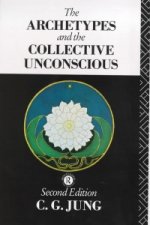
Archetypes and the Collective Unconscious
56.83 € -

Freud and Beyond
24.16 € -

Home is Where We Start from
14.43 € -23 % -

Jung's Studies in Astrology
52.63 € -
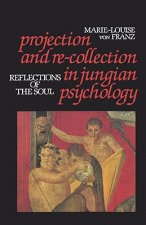
Projection and Re-collection in Jungian Psychology
31.84 € -4 % -

Dreams
20.16 € -13 % -

Beyond the Pleasure Principle
14.43 € -23 % -

Red Book of C.G. Jung
41.87 € -

Quantum Mind
31.63 € -

Ecrits
32.45 € -10 % -
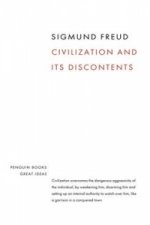
Civilization and its Discontents
7.47 € -13 % -
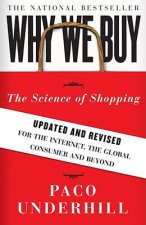
Why We Buy
16.89 € -19 %
Osobný odber Bratislava a 2642 dalších
Copyright ©2008-24 najlacnejsie-knihy.sk Všetky práva vyhradenéSúkromieCookies


 21 miliónov titulov
21 miliónov titulov Vrátenie do mesiaca
Vrátenie do mesiaca 02/210 210 99 (8-15.30h)
02/210 210 99 (8-15.30h)